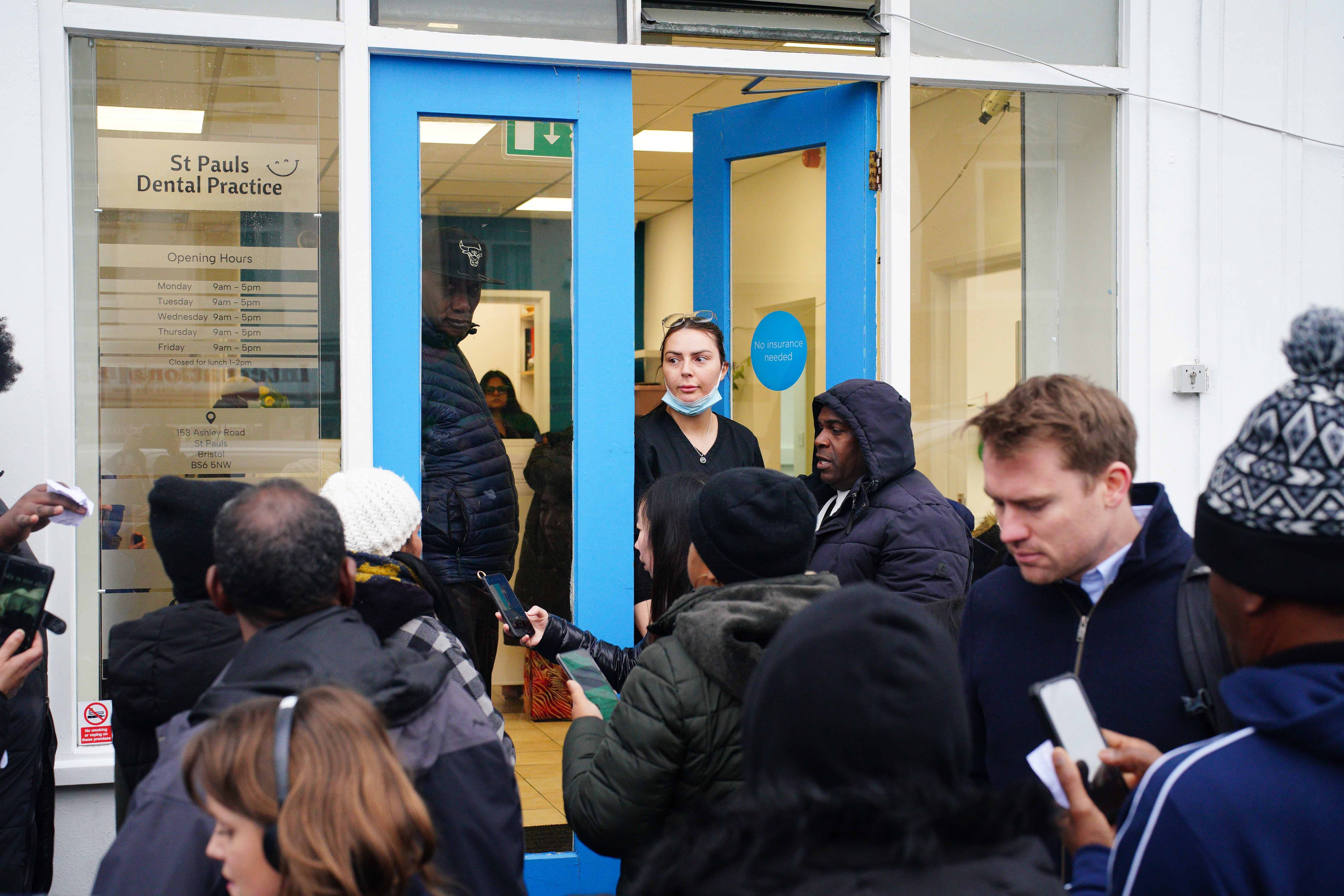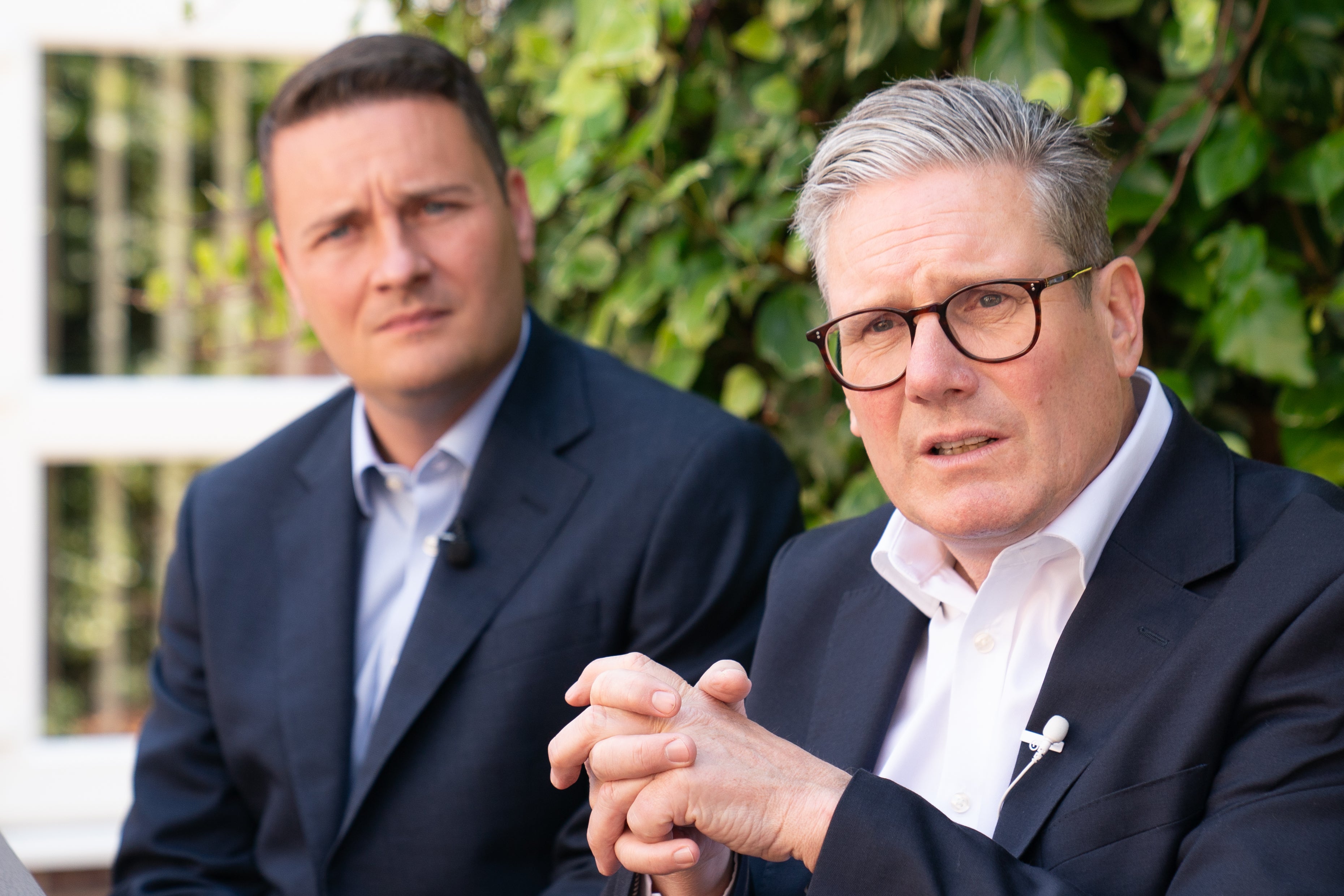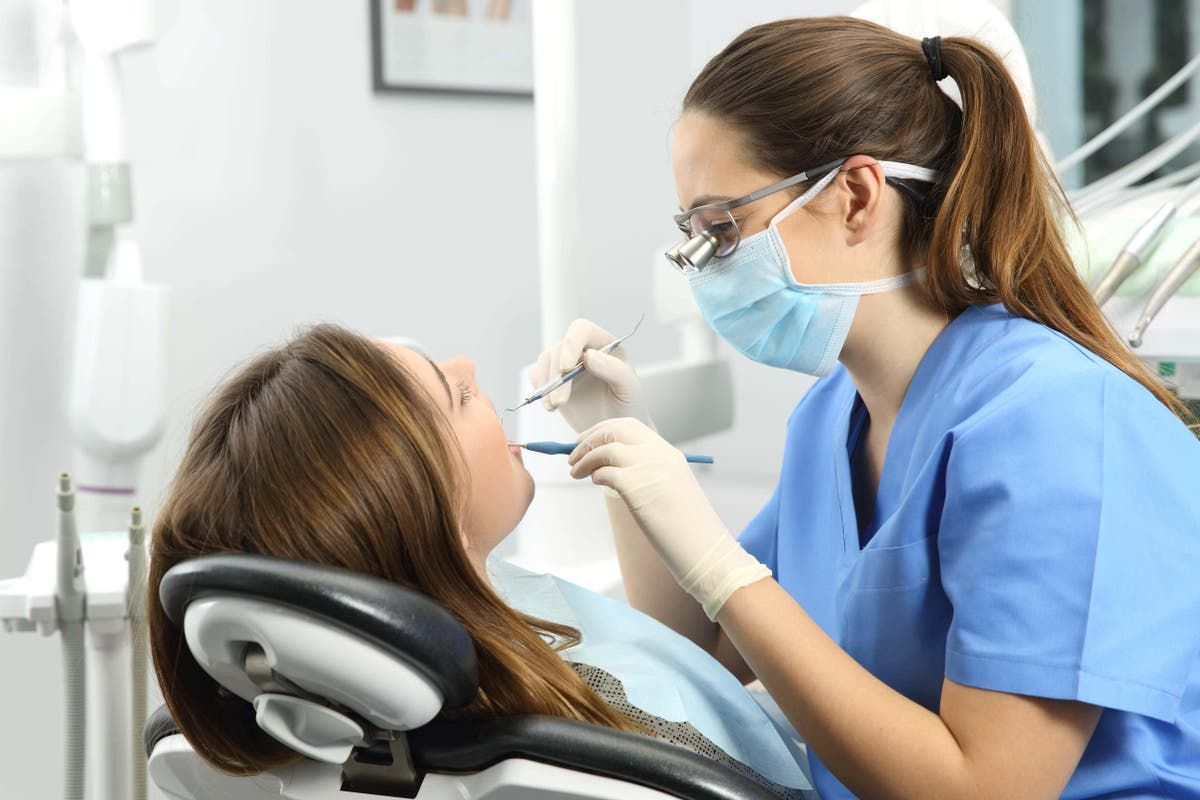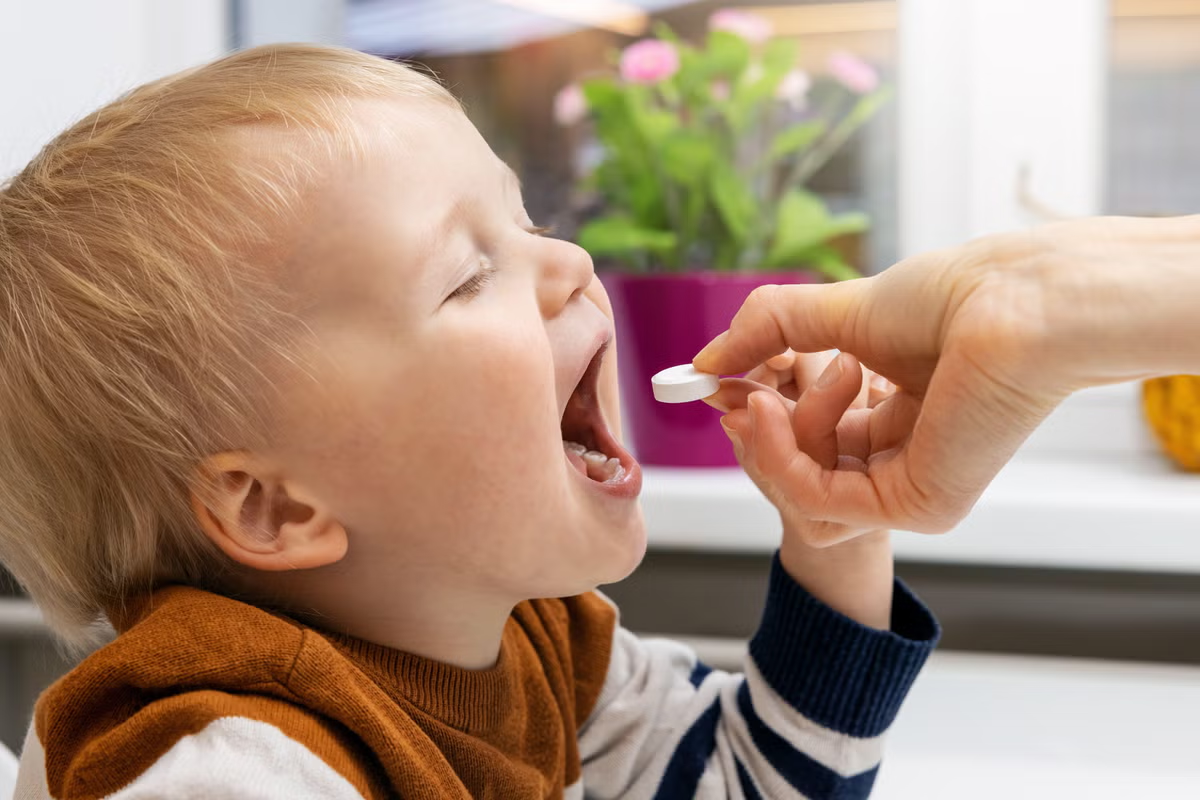Truly support
independent journalism
Our mission is to provide unbiased, fact-based reporting that holds the powerful to account and exposes the truth.
Whether it's $5 or $50, every contribution counts.
Support us in offering journalism without agenda.
Getting a regular dental appointment can seem like an impossible task, and many health bodies are now urging the new Labour government to put the issue at the top of its priority list.
Why is it so hard to get an appointment?
An increasing number of dentists are leaving the NHS to work in the private sector, exacerbating the backlog of appointments.
“Many of my colleagues are struggling to recruit and retain dentists to come and work in the NHS,” says Birmingham-based dentist Eddie Crouch, who is also the current chair of the British Dental Association's (BDA) main executive committee.
“A significant number of dentists are also returning their NHS contracts to work for the private sector and many more are reducing their commitment to the NHS.”

Crouch believes this is because NHS dentists have been working on a target-based contract since 2006, which “has not been fit for purpose from the start”.
“A number of inquiries by health select committees have found that the contract needs to be amended,” says Crouch. “The previous government made only marginal adjustments to the existing target-based contract and the ambition has not been sufficient to make people want to stay and work in the NHS.
“We are in a situation where taking on new patients has become a risk for a practice, as the patient can require hours and hours of work,” explains the dentist. “NHS remuneration is currently not sufficient to pay dentists enough for such treatment, so practices can make a loss in business by taking on new patients.”
What are the consequences of not going to the dentist?

As a result of not being able to see a dentist during the pandemic, or being discouraged by costs or wait times, some patients are now showing signs of serious oral health problems.
“Unfortunately, we are seeing more and more people coming to our centre with very serious conditions that require more radical treatments and where we have less chance of saving their teeth,” says Crouch. “We are seeing people with ulcers and lesions in their mouth that turn out to be oral cancers, which if detected early will significantly reduce their chances of surviving the disease.”
The dentist is also concerned about the number of people who have had difficulty getting a dental appointment and are now turning to other areas of the health service.
“They went to their GP or A&E and were given various courses of antibiotics, which was totally inadequate for the problems they had,” says Crouch. “These services are already overstretched and have their own problems.”
What does the Labour Party intend to do about this?
During its election campaign, Labour pledged to provide 700,000 extra urgent dental appointments a year and to flood “dental deserts” with dental graduates.
The party has promised to give £20,000 to newly qualified dentists who spend at least three years working in underserved areas as an added incentive.
Sir Keir Starmer also said reforming the dental contract would be a priority for his government, but has not yet revealed details of what this might look like.
Supervised tooth brushing for children aged three to five was also a policy proposed in the Labour Party manifesto aimed at preventing children going to hospital with rotten teeth.

Prevention is better than cure
“We need to move towards a more preventative type of treatment to incentivise dentists to prevent disease,” says Crouch. “The current contract only rewards us for drilling and filling and other types of interventions, but we really need a joined-up approach to prevent all dental disease.”
He also believes that focusing on preventative measures such as dietary changes, supervised tooth brushing and fluoridation of the water supply could help make a real difference.
“Many of these things combined could significantly reduce the amount of money the NHS has to spend on dental treatment,” explains Crouch. “If we don’t do any preventative work, we will reach a point where NHS dental services will become completely unaffordable for any government in the future.”

What can we do to improve our oral health while waiting for an appointment?
Crouch encourages everyone to practice good oral hygiene, such as good brushing technique, and also warns patients to avoid foods that contain a high level of sugar.
“Repeated consumption of high-sugar products throughout the day is the worst thing that can lead to dental disease,” says Crouch. “I recommend that parents look at the labels of the products they give their children to check the level of sugar they contain.”
But he urges patients not to lose hope.
“Take a look around; there are practices that are taking a few more patients than before as we deal with the backlog of patients,” Crouch advises. “If you have a health problem, [dental] “In case of emergency, try the 111 service as they may be able to refer you to a commissioned service for urgent care.”












